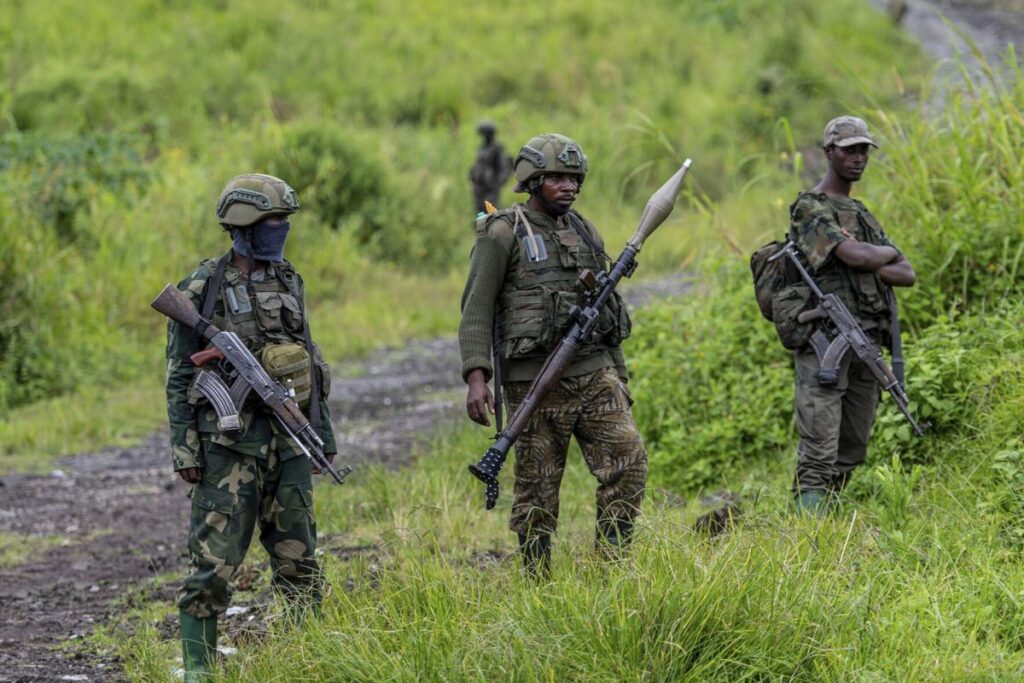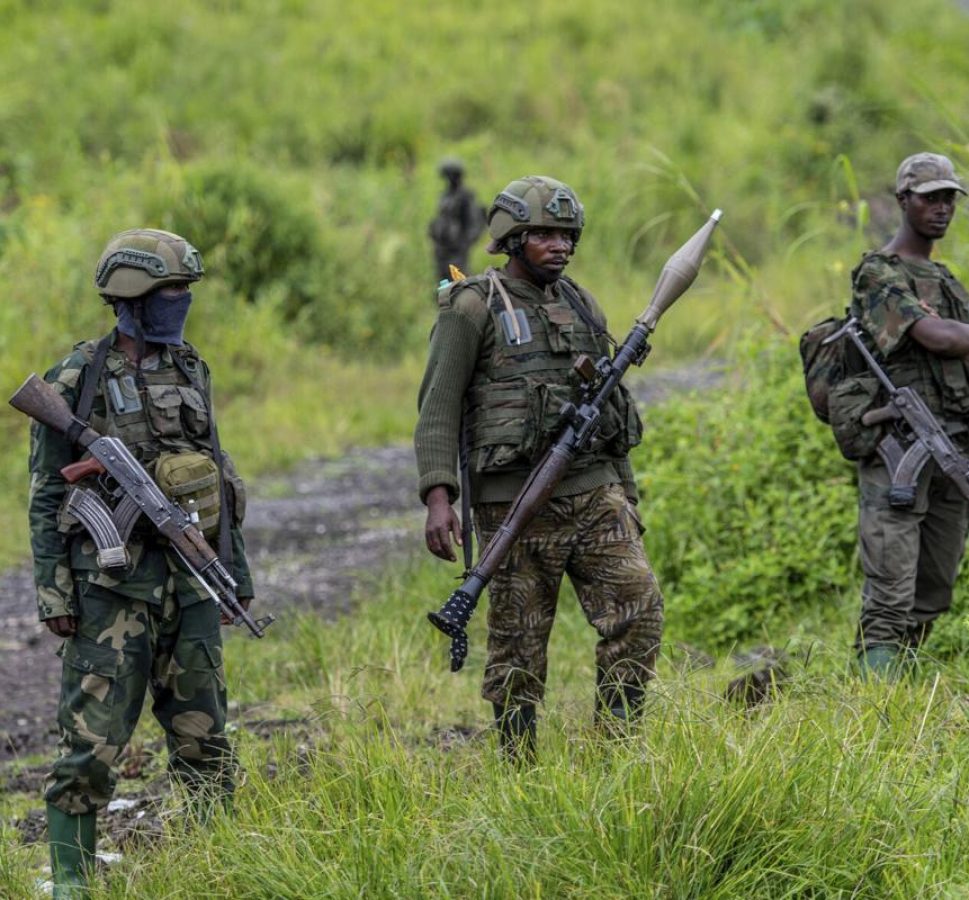
Congo’s government on Tuesday accused the Rwanda-backed M23 rebel group of “ethnic cleansing” in the central African nation’s east.
The minister of the interior, Jacquemain Shabani, denounced the “massive arrival of foreign populations” in the territories of Rutshuru and Masisi in North Kivu province, where locals were “expelled by violence.”
“This is what constitutes ethnic cleansing,” Shabani said.
Congo’s accusation comes after M23 appointed administrators in the areas it claims to control last week.
More than 100 armed groups have been vying for a foothold in mineral-rich eastern Congo near the border with Rwanda. The violence has escalated as the M23 rebel group has reemerged. The conflict has created one of the world’s largest humanitarian crises, with more than 7 million people displaced, many beyond the reach of aid.
M23, or the March 23 Movement, is a rebel military group mainly made up of ethnic Tutsis who broke away from the Congolese army just over a decade ago. The group rose to prominence in 2012 when its fighters seized Goma, eastern Congo’s largest city on the border with Rwanda.
Congo alleges that Rwanda has been involved in war crimes in the east, and U.S. and U.N. experts accuse it of giving military backing to M23. Rwanda denies the claim, but in February admitted that it has troops and missile systems in eastern Congo to safeguard its security, pointing to a buildup of Congolese forces near the border. U.N. experts estimate there are up to 4,000 Rwandan forces in Congo.
A July truce brokered by the United States and Angola has reduced the fighting between Rwandan and Congolese forces, but fighting between M23 and other militias continues.
In August, clashes between the rebels and pro-government militias killed 16 villagers in a violation of the truce to help millions displaced.






